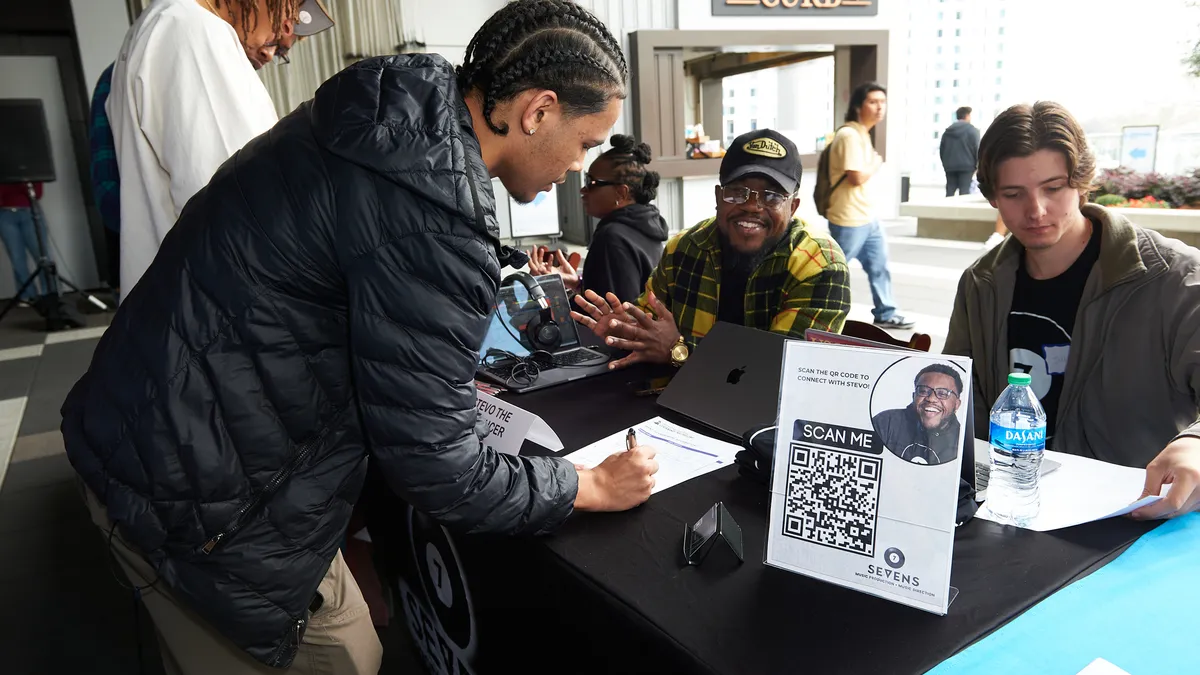Generation Z candidates highly prioritize job stability and work-life balance as nonnegotiables when considering full-time roles, according to an Oct. 30 report from Symplicity.
In a survey of more than 2,700 students, 94% pointed to job stability while 90% identified work-life balance as key factors when thinking about what’s “essential” for work.
However, early talent said they’re wary of certain company cultures, particularly those that call their workplace culture a “family.” Gen Z workers said this sticks out as “a signal of blurred boundaries and poor work-life balance,” according to the findings.
During the hiring process, Gen Z candidates also emphasized speed, with 81% saying they expect the hiring process to be completed in a month.
Early-career talent said transparency around compensation and proactive communication throughout the recruitment journey remain essential, too. At the same time, 61% said they continue to explore other offers even after accepting a position. This highlights the need for consistent engagement through onboarding, Symplicity said.
Notably, Gen Z workers are focused on skill-building, according to Symplicity, which has been reflected in other reports. For example, many young workers are turning to side hustles to build skills, according to a Quicken report. Young talent want to take advantage of upskilling opportunities to future-proof their careers and reduce financial pressures, the report found.
Gen Z employees are also taking charge of their own work-life balance, according to a SurveyMonkey survey. Younger workers are more likely to take quiet vacations and use sick days for time off or mental health days.
However, Gen Z workers are struggling to find a foothold, with business owners saying young talent have issues with reliability and divisiveness in the workplace, according to a RedBalloon report. Both workers and employers have high expectations, yet there are few training and development opportunities to help close the gap, the report found.













